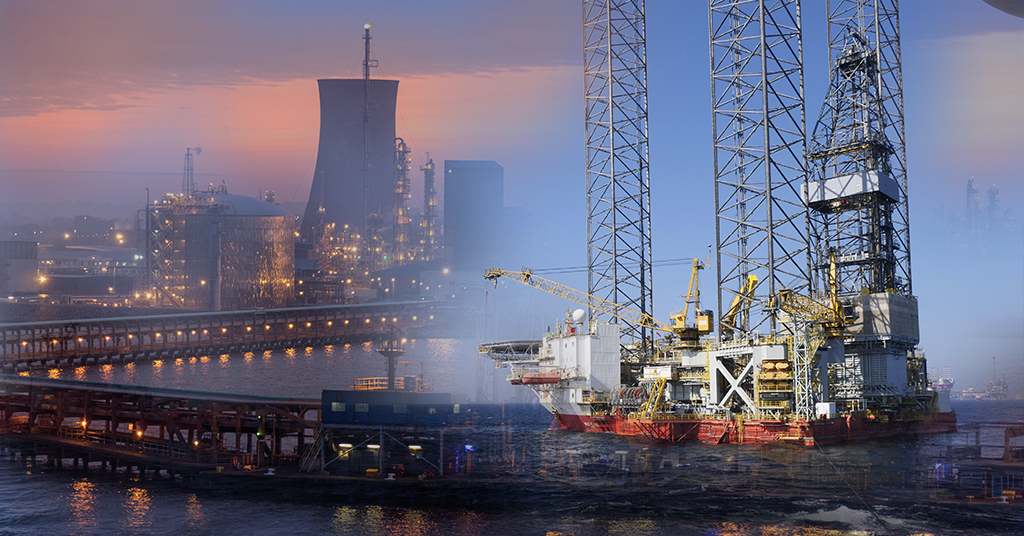Welcome To ChemAnalyst

In December 2023, Melamine prices surged in the European market due to improved demand for furniture in the last few weeks and an attack in the Red Sea by Houthi rebels, disrupting a crucial global trade route. This had a ripple effect on economies like Germany. Although the feedstock urea price slightly decreased, Germany, being a leading furniture exporter in the EU, remained a lucrative market for the furniture industry. The German furniture market has a preference for furniture made from natural materials and innovative designs, especially in the kitchen furniture sector, which is experiencing growth in sales, technology, and innovative product designs. In the short term, the market is expected to be driven by increased demand for laminates, coatings, and wood adhesives from the construction industry.
In recent years, Melamine use has increased with the improvement in global economies and the growth of industries like furniture and automotive. However, in 2020, Melamine consumption dropped due to the COVID-19 pandemic, impacting the global economy and industries like construction and automotive. In 2021, Melamine consumption recovered but faced some slowdowns in late 2022 due to a global economic slowdown. Despite this, there has been slight growth in consumption in 2023, and it is expected to experience modest growth in the following years.
In the last couple of weeks, the Red Sea faced increased attacks by Houthi rebels, disrupting a crucial global trade route and affecting economies like Germany. Melamine, a common chemical, felt the impact. Germany, a significant Melamine exporter, also heavily depends on imports from countries like China and Trinidad and Tobago. When Houthi attacks threatened shipping safety in the Red Sea, a key route for these imports, Melamine prices quickly rose. Ships carrying Melamine and other goods faced delays and detours, leading to higher fuel costs and logistical challenges for importers, ultimately raising Melamine prices at German ports. The heightened Red Sea security risks also caused insurance premiums for shipping companies to soar, adding to the final Melamine import costs. This sustained price increase affects consumers in Germany and beyond. The Houthi attacks not only affected Melamine prices but also caused freight charges to rise. Major shipping lines added hefty surcharges due to longer voyages around Africa, increasing the cost burden for German importers. Rising freight costs worsened the Melamine price hike, putting the entire supply chain at risk of higher costs and potential shortages. Germany, relying heavily on LNG imports for energy, faced challenges as vital shipments through the Red Sea experienced delays, contributing to soaring LNG prices. The high LNG prices further impacted Melamine production costs. The ChemAnalyst anticipates continuous growth in Melamine demand in the upcoming months, in line with supply disruptions in the Red Sea and increased demand from downstream industries, particularly the automotive sector.
We use cookies to deliver the best possible experience on our website. To learn more, visit our Privacy Policy. By continuing to use this site or by closing this box, you consent to our use of cookies. More info.
